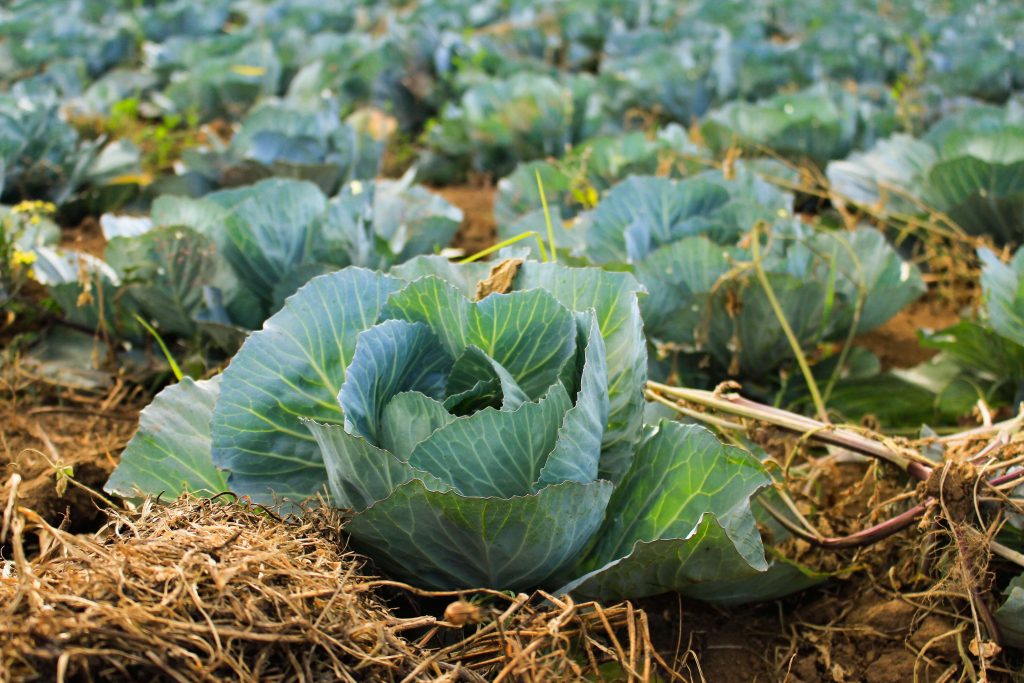A recent study by the French Environment and Energy Management Agency (ADEME) explored and uncovered some answers about sustainability between veg (vegan and vegetarian) and non-veg diets. Regardless of which diet a person chooses, each is going to have impacts beyond ourselves. Research shows that the extent of that impact, however, can be changed depending on what foods people do and don’t eat.
The purpose of the study was outlined: “The objective of the present study, based on the NutriNet-Santé cohort, was to investigate the relationship between a pro-vegetarian score and diet-related environmental impacts.” In order to examine this, they obtained data on food intake and organic food consumption from 34,442 French adults.

Through a food questionnaire, researchers were then able to characterize each person’s diet, whether or not it was highly pro-vegetarian and whether a strong preference was shown for plant-based products or animal-based products. Those surveyed were then broken up into separate quantiles, with quantile 5 (Q5) being diets rich in plant-based foods.
After this, the environmental impacts of each quantile were measured, with greenhouse gas emissions, cumulative energy demand and land occupation being the main points of interest. What they found was that those with diets rich in plant-based foods stood out from the other quantiles, especially the first quantile. They also discovered that those in Q5 often had a diet and lifestyle that was healthier than others.

As far as specifics, what’s been posted publicly thus far compares only Q5 and Q1. A higher pro-vegetarian score (Q5) was undeniably associated with lower environmental impacts. The data was written as follows:
- Greenhouse gas emissions: Q5vsQ1=838/1,664 kg CO2eq/year (Q5 produced 49.6 percent fewer greenhouse gas emissions)
- Cumulative energy demand: Q5vsQ1=4,853/6,775 MJ/year (Q5 needed 26.9 percent less energy for food production)
- Land occupation: Q5vsQ1=2,420/4,138 m2/year (Q5’s land occupation was 41.5 percent smaller)
The results reveal a strong suggestion that plant-based eating is the future — or it is the more efficient, cleaner future. The study ends with a suggestion that any future researchers should dig deeper into the production methods of a diet — which is often overlooked on both sides of the food spectrum.


